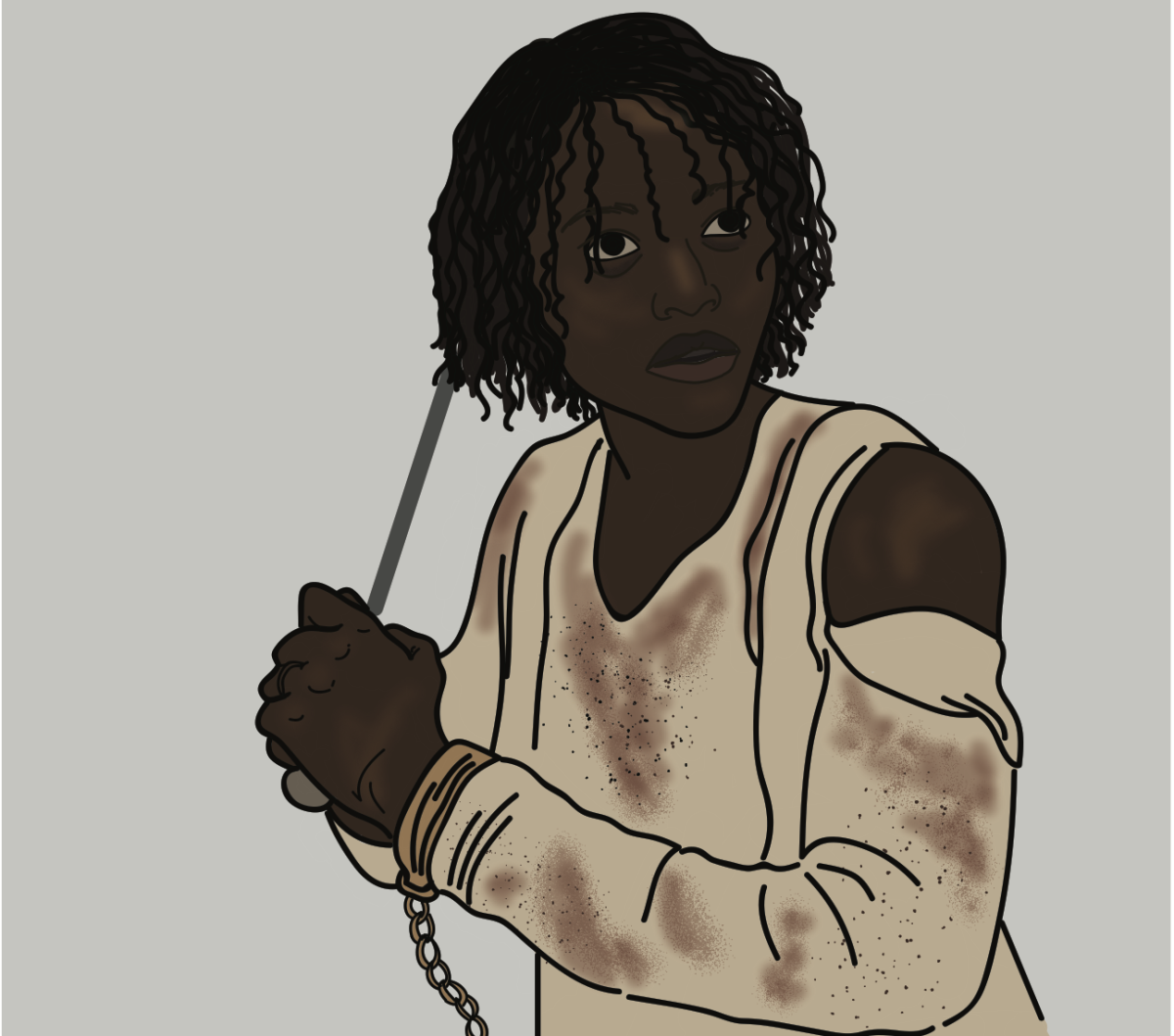Comparing Peele to white filmmakers diminishes his art’s impact
“Us,” the latest film in the Jordan Peele horror-verse, proved to fans of the genre like myself that horror movies can and should be more than just jump scares.
Peele masterfully combines elements of horror and comedy, creating a sense of uneasiness and subverting that tension with dad jokes or childish quips.
As writer, director and producer, Peele sustains this sense of uneasiness, bringing the audience into this fantastical and deeply terrifying world where tethered souls are trying to gain dominance over their hosts.
Peele is the kind of filmmaker that gives the audience all the clues if they’re willing to work for it. For example, although Lupita Nyong’o’s “Red” seems to deliver a clear villainous speech near the beginning of the movie, as the movie reaches its end you will find yourself rethinking and reframing what she said.

Throughout the movie, I found myself visualizing a bulletin board where I frantically connected the dots to repeated symbols or phrases, mirroring or foreshadowing another scene. Peele injects fun into “Us,” just as he did with his directorial debut “Get Out,” allowing the audience to come along on a carnival ride of horrors.
In its opening weekend, “Us” garnered $70 million, becoming the largest opening weekend for an original horror movie. Peele’s directorial debut premiered only two years ago and in that short span of time, Peele has established himself as a canonical filmmaker in a seemingly oversaturated genre.
Accompanied by the movie’s success and critics’ love of the film, Peele has been compared to the likes of Alfred Hitchcock and Steven Spielberg. And while these comparisons may seem like compliments, they reduce Peele’s art to that of comparison.
When Peele set out to make “Get Out” and “Us,” I don’t think he was intending to make horror movies that reminded the audience of their favorite horror flick. Peele is an artist whose goal is not only to scare us, but to tell a story with subtext, foreshadowing and character development.
While Peele may pay homage to classic films in the horror canon through camera techniques or color schemes, he should be recognized as the one establishing his own camera techniques and signature music choices that will cause future filmmakers to pay homage to him. Peele is deserving of praise that recognizes him for his art, not how his art is reminiscent of another artist.
Not only have these comparisons bothered me, but also the uproar I observed on social media after Peele said, “I don’t see myself casting a white dude as the lead in my movie. Not that I don’t like white dudes. But I’ve seen that movie.”
While this statement was taken by some to mean Peele is exclusionary when making his movies, critics failed to acknowledge what else Peele said in this interview: “I get to cast black people in my movies. I feel fortunate to be in this position where I can say to Universal, ‘I want to make a $20 million horror movie with a black family.’”
As a black director infiltrating a genre dominated by stories featuring white families, Peele’s response is valid. I have also seen “that” movie. We all have. By centering black people in his films, especially in a genre where we are virtually nonexistent save the token black character who is killed in the beginning, Peele is creating a new subgenre within horror that includes his greatest love: comedy.
Peele is a skilled comedian, one half of the duo Key & Peele who established themselves in American pop culture as being practically synonymous with the word “comedy.” In the same way that comedy and comedy sketches are not always viewed as serious art-forms, the horror genre has a reputation of being oversaturated with gore and cheap jump scares.
Peele’s “Get Out” and “Us” prove to hardcore horror fans, and the general public alike, that a horror movie can tell a compelling story. That a master of comedy can also master suspense, traversing the two genres simultaneously and effortlessly.
And because Peele “gets to” cast black people in his movies and push boundaries within a stagnant film genre and film industry as a whole, he has already set himself apart from Hitchcock or Spielberg.
He has only released two movies, yet there are already elements in his films that I perceive to be his signature: the “Peele stare,” a close up shot where the actor stares shocked and longingly down the barrel of the lens; or his lack of fear of using modern songs (especially hip-hop/R&B) as storytelling tools.
With “Us” and any future features he produces, Peele is ushering in a new era of horror films that is long overdue, and that I happily welcome.








































d hicks • Aug 14, 2019 at 8:48 pm
kaila… you are on track to becoming an outstanding writer ….. keep up the good work